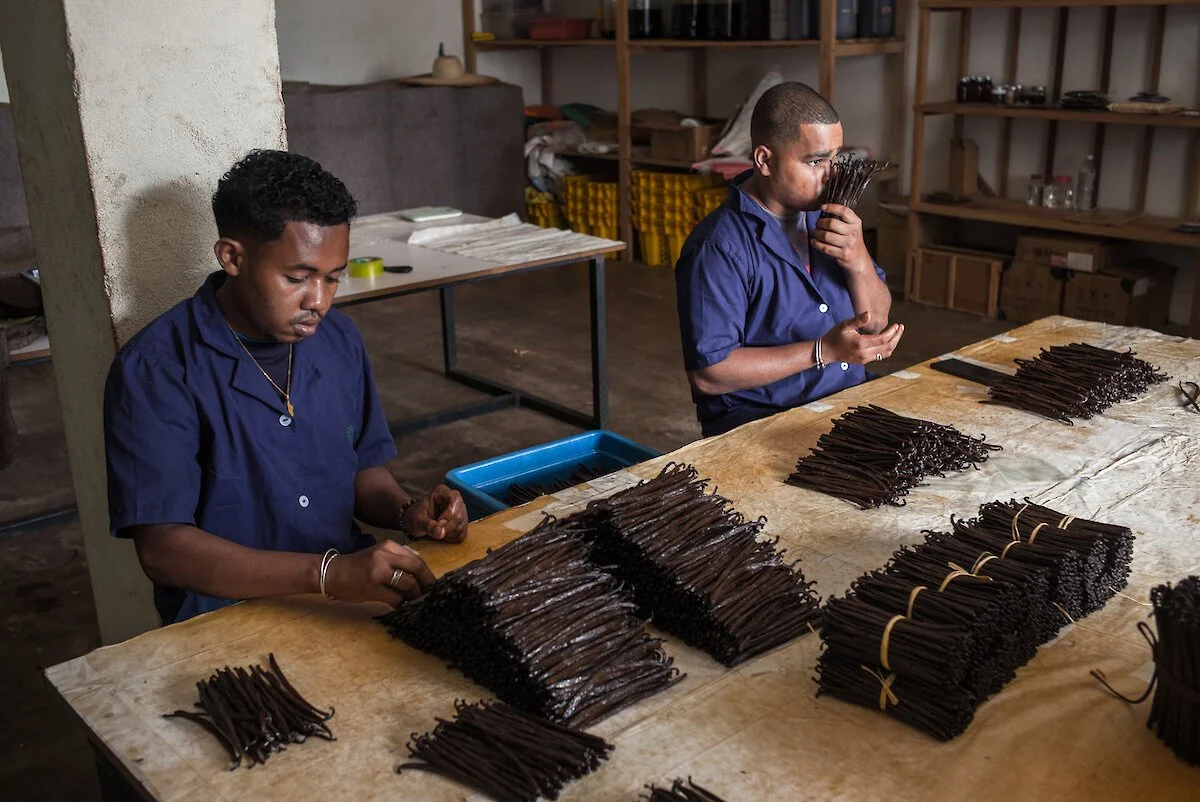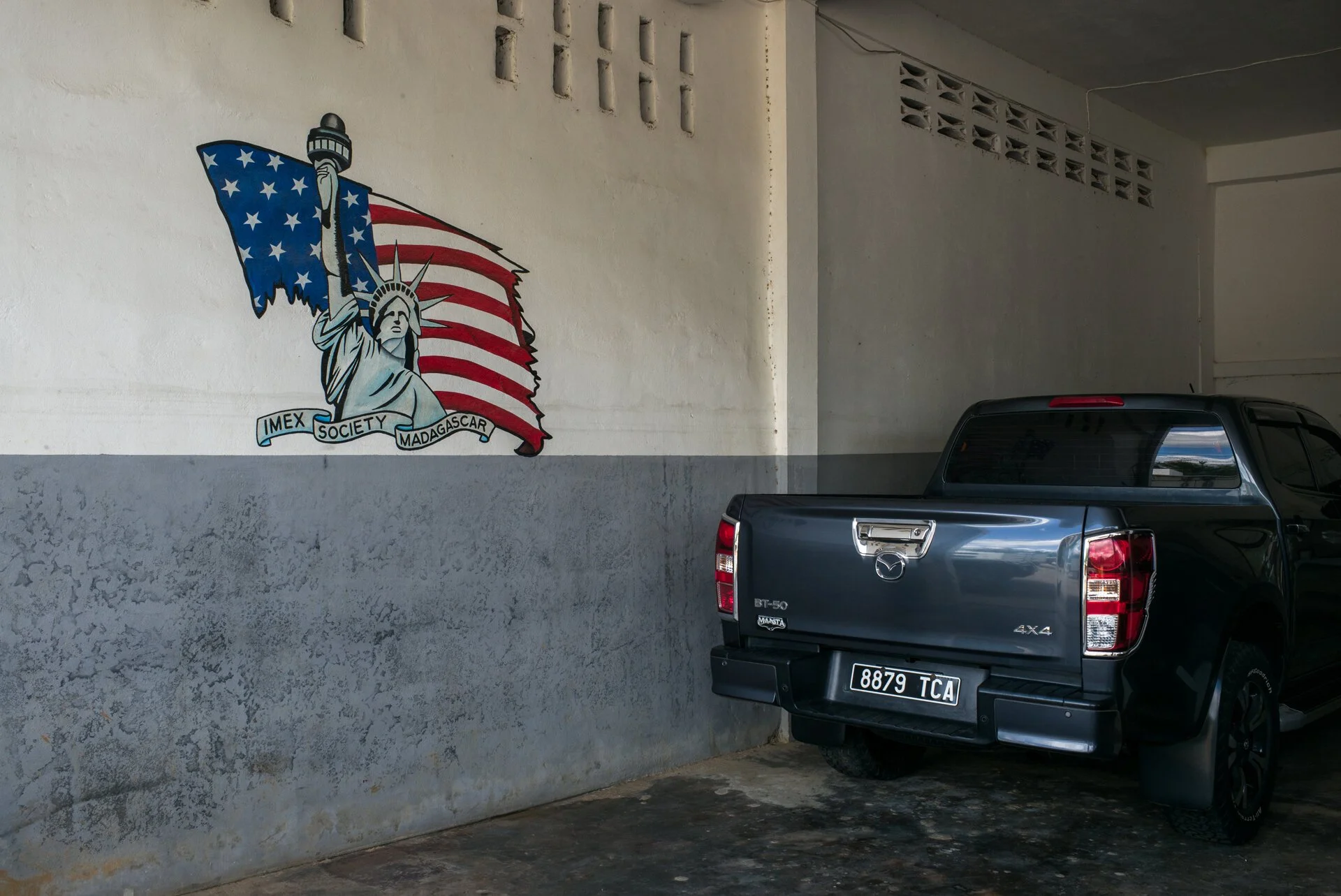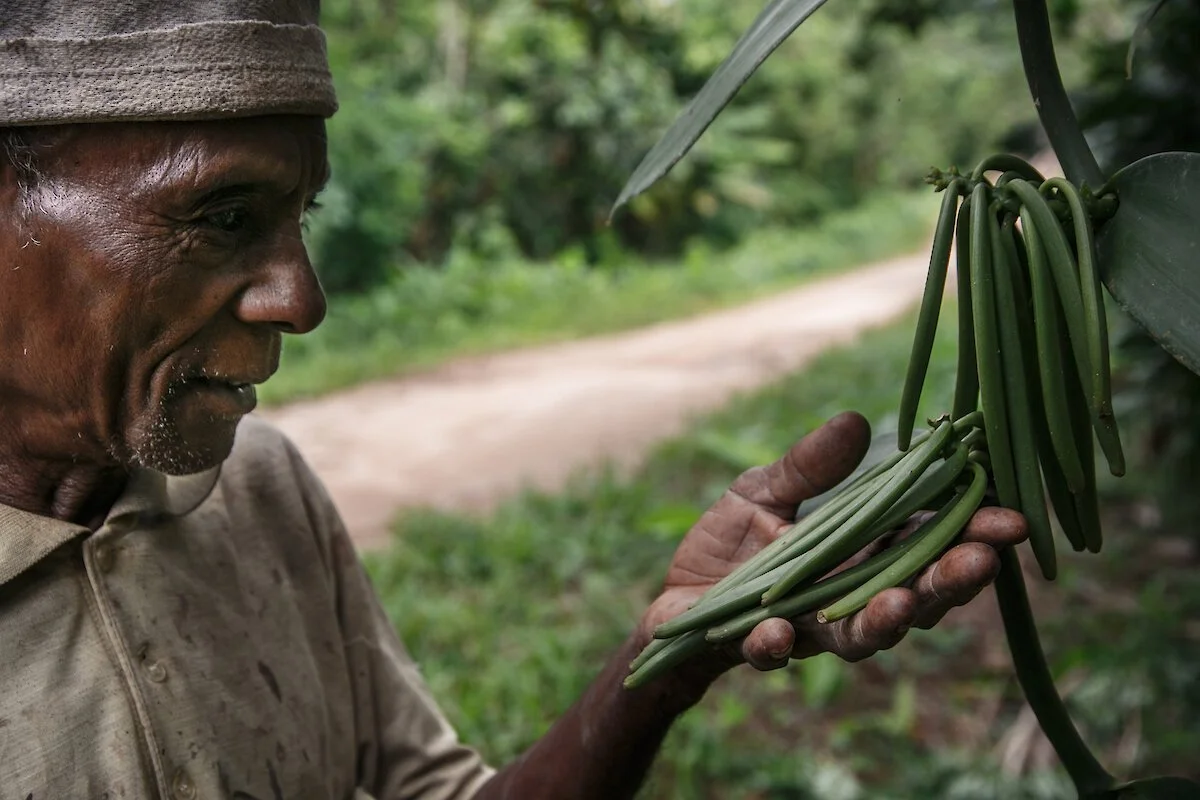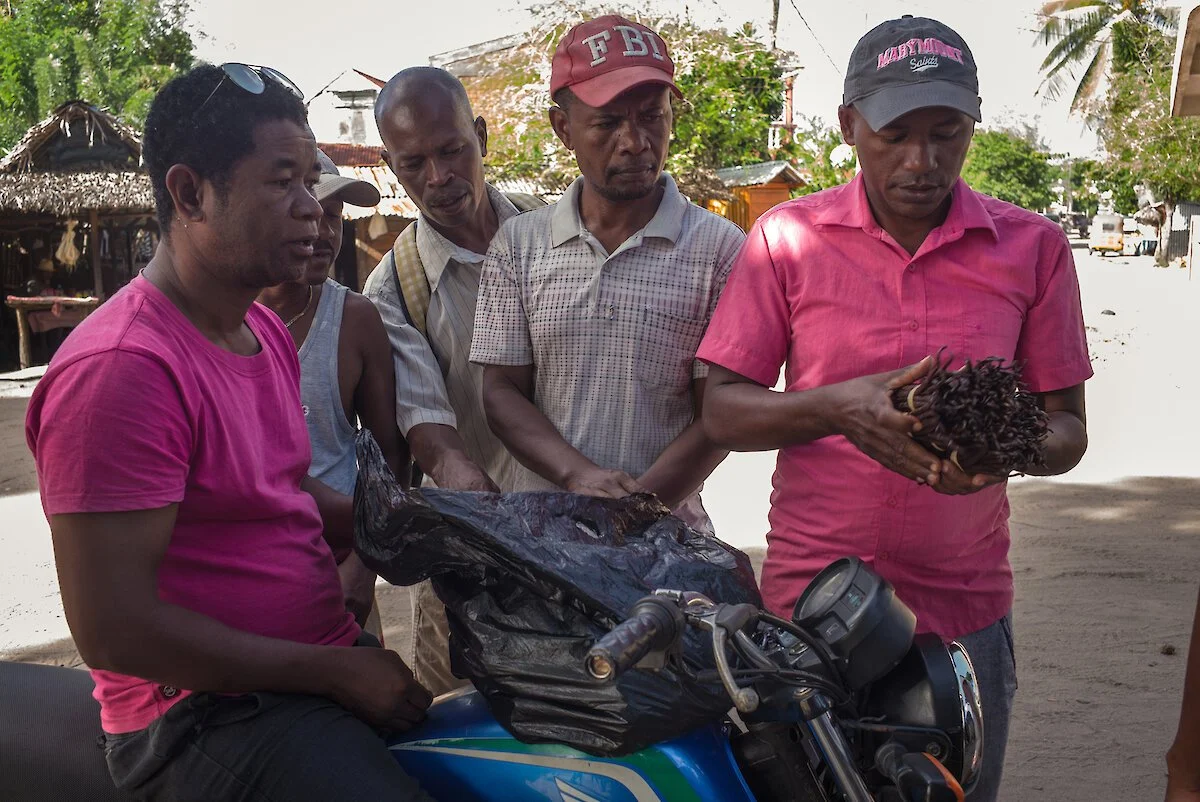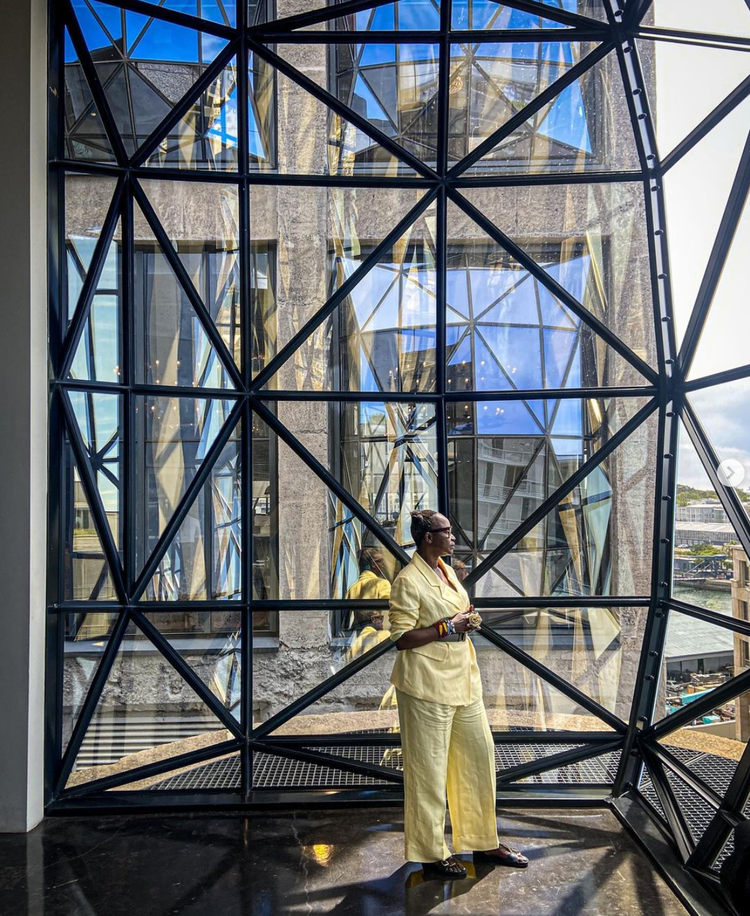What do the Volkskrant correspondents face in their daily lives? Today: Africa correspondent Joost Bastmeijer tries to limit complaints about the sometimes excruciatingly long visa procedures. Because without Dutch passport privileges, everything takes much longer.
Last week, it happened again: for the sixth time, I found myself in the sweaty waiting room of the embassy of an unnamed East African country for a visa application. It's probably the least glamorous side of being an Africa correspondent: a large portion of my time is spent writing, completing, and submitting visa and press accreditation applications. For a recent reporting trip, the application process took a full six months.
I try to limit complaints about all that bureaucratic red tape. Because even though it sometimes takes a while, with my Dutch passport, I can eventually enter just about any African country. The reverse is quite different: for the vast majority of Senegalese, applying for a Schengen visa is a humiliating ordeal that makes my visa woes pale in comparison – and then the chance of their application being rejected is also very high.
I'm especially reminded of my passport privileges when I drive through Dakar's bustling working-class neighborhood of Ouakam. From early morning until late at night, crowds of people wait in the blazing sun outside a large office tower. A small white sign on the facade announces that Senegalese can apply here for a visa for Schengen countries such as France, Norway, and the Netherlands.
Slick Salespeople
For most Senegalese, an appointment with this Indian "service provider" is the only way to travel to Europe legally. In theory, any Senegalese can schedule an appointment through the company's website and come to the office in Ouakam at the agreed-upon time, but in practice, there are almost never any spots available through the online portal.
There's a solution, say the slick salespeople I regularly see on social media. The TikTok account "Dakar_Group_Voyage" even has an entire playlist of videos full of visa advice, always stating that the company behind the videos can help with visa applications. The French newspaper Le Monde recently discovered that these rogue companies can help you secure a coveted visa interview for the equivalent of around 75 to 150 euros.
The numerous subcontractors and intermediaries deliberately make the visa process so expensive and complicated, so that fewer visas are actually issued for countries like the Netherlands – a trend that is also apparent in other African countries. At the same time, last year a record number of over 40,000 West Africans attempted to reach the Canary Islands (and therefore Europe) via the perilous "West African boat route." According to the human rights NGO Caminando Fronteras, nearly 10,000 people drowned on that route.
A Thorn in the Side
Most Senegalese visa applicants, however, do not apply for a work visa, but for a "short-stay Schengen visa"; they often want to visit family, or travel to Europe for an event or sporting match. Those who receive such a visa must pay, on top of the costs of the aforementioned intermediaries, an additional €100 in transaction and administration fees.
No guarantees of an approved visa are given during this application process: according to the French embassy, "more than 62 percent" received a "short-stay" Schengen visa last year—meaning that 38 percent of applicants incurred costs for nothing. Recent research shows that African visa applicants spent a staggering €60 million last year on Schengen visas that were ultimately rejected.
The fact that French passport holders can travel to Senegal visa-free, while Senegalese citizens pay a fortune just for the application, is a thorn in the side of Senegalese Prime Minister Ousmane Sonko. In line with his tough stance against former colonizer France, he announced in December that the Senegalese government is working on a "reciprocal visa policy."
So, if you still have a visit to Senegal on your bucket list, don't wait too long: our Dutch passport privileges could soon be gone.
This column was originally published in De Volkskrant (in Dutch). This story was translated to English using Artificial Intelligence.















